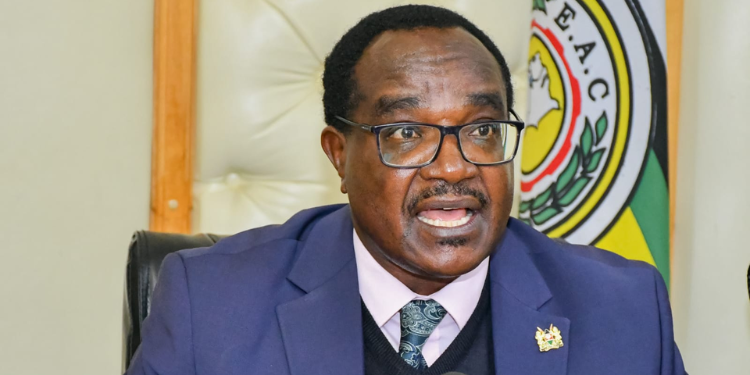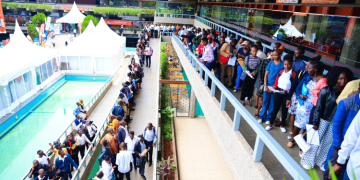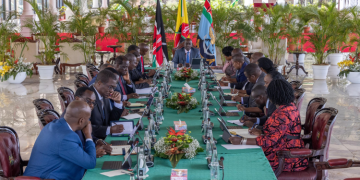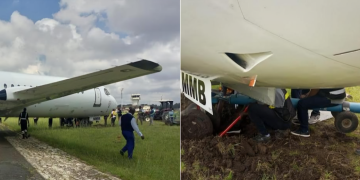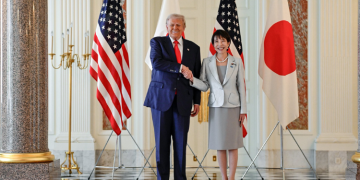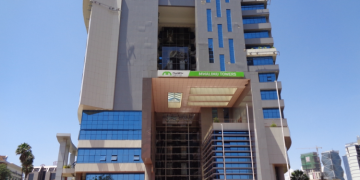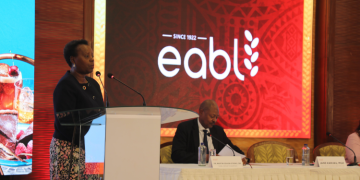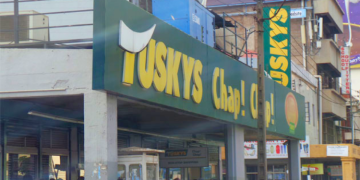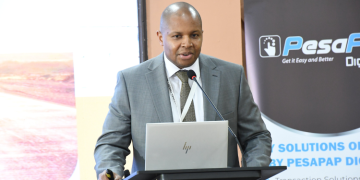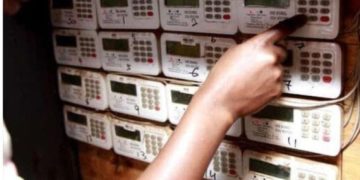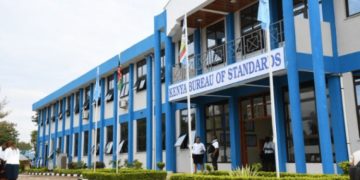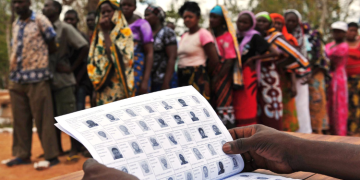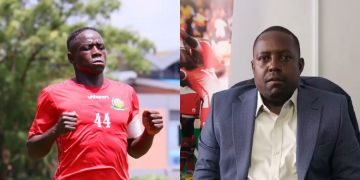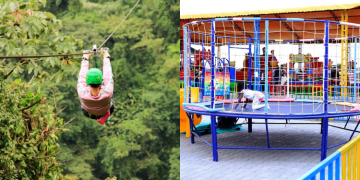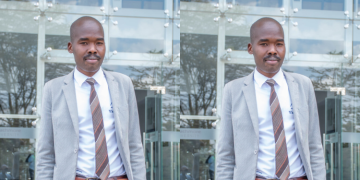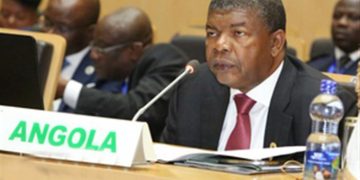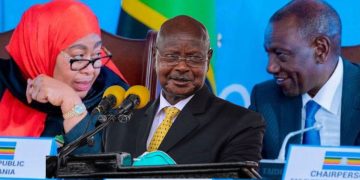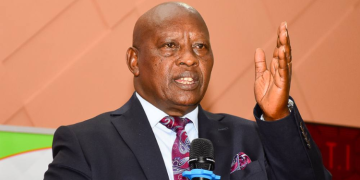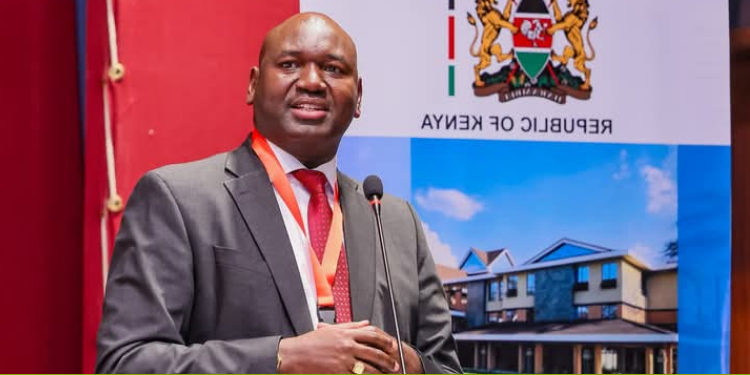Basic Education Principal Secretary Julius Bitok has addressed reports stating that President William Ruto’s government plans to scrap free education.
Speaking in Kilifi County during the prize-giving day at St. Thomas Girls Secondary School on July 25, Bitok stated that the government has no plans to scrap free education.
“There has been growing public interest around this matter, and it is important to state that free basic education is not being scrapped. We continue to support learners through capitation, which remains the backbone of the Government’s investment in basic education,” he said.
He further noted that the Ministry of Education will lobby Parliament to increase budget allocations to cover capitation and examination expenses.
Julius Bitok Speaks on Ruto Scrapping Free Education
Bitok noted that in the current financial year, the education sector received a record allocation of Ksh 702 billion.
However, he acknowledged that the funding still falls short of fully meeting the financial demands, mainly due to rising enrolment numbers and growing needs across learning institutions, including capitation and national examinations.
“To address this, we are actively engaging Parliament to secure additional resources to bridge the funding gap and ensure that every learner is adequately supported,” he added.
The PS also announced the rollout of a new education data system—Kenya Education Management Information System (KEMIS)—which will replace NEMIS in a bid to improve the accuracy and efficiency of capitation disbursements.
“We are overhauling the system. With KEMIS, we can track every student, every teacher, every transfer, eliminating delays and ghost entries,” Bitok said.
Mbadi Appears Before Parliament Over Education Capitation
On Thursday, July 24, National Treasury Cabinet Secretary (CS) John Mbadi appeared before the National Assembly Departmental Education committee alongside Education Cabinet Secretary Julius Ogamba to address widespread concerns impacting the education sector.
Both Cabinet Secretaries acknowledged that the current budget is insufficient to fully support free primary and secondary education.
“Currently, learners are provided with tuition and operational costs at the rate of Ksh1,420 for primary education. For junior school, it is Ksh15,042 per child, and the per capita allocation for senior secondary school is Ksh22,244,” said the CS.
“However, due to constraints in the fiscal space and other emerging priorities in the education sector, updating these rates might be untenable. We are getting more children in our schools, and the revenue performance is not increasing at a faster pace. The rates may look low, but again, we have to operate within the fiscal framework.”
Also Read: Why Capitation for Secondary Schools Has Been Reduced- CS Mbadi
Lobbying of Education Funds
Mbadi, meanwhile, indicated that the government may revisit and possibly increase education funding if revenue collection improves in the coming months.
On his part, CS Ogamba noted that over the past four to five years, the Ministry of Education has consistently fallen short of meeting full capitation requirements, largely due to the steadily rising number of students in schools.
“The ministry has taken steps to ensure timely disbursement of capitation at a ratio of 50:20:30 across the first, second, and third terms,” he said.
Also Read: Ministry of Education Makes U-Turn on Mathematics as a Compulsory Subject
About Free Education in Kenya
Free primary education in Kenya was introduced in January 2003 by the then President the late Mwai Kibaki.
This initiative aimed to make education accessible to all children, regardless of their economic background. Following this, free secondary education was introduced in 2008.
Ahead of the 2002 general elections, the National Rainbow Coalition (NARC) included Free Primary Education (FPE) as a key pillar of its campaign manifesto. Upon taking office, the NARC government fulfilled this pledge by implementing the FPE program
Follow our WhatsApp Channel and X Account for real-time news updates.
